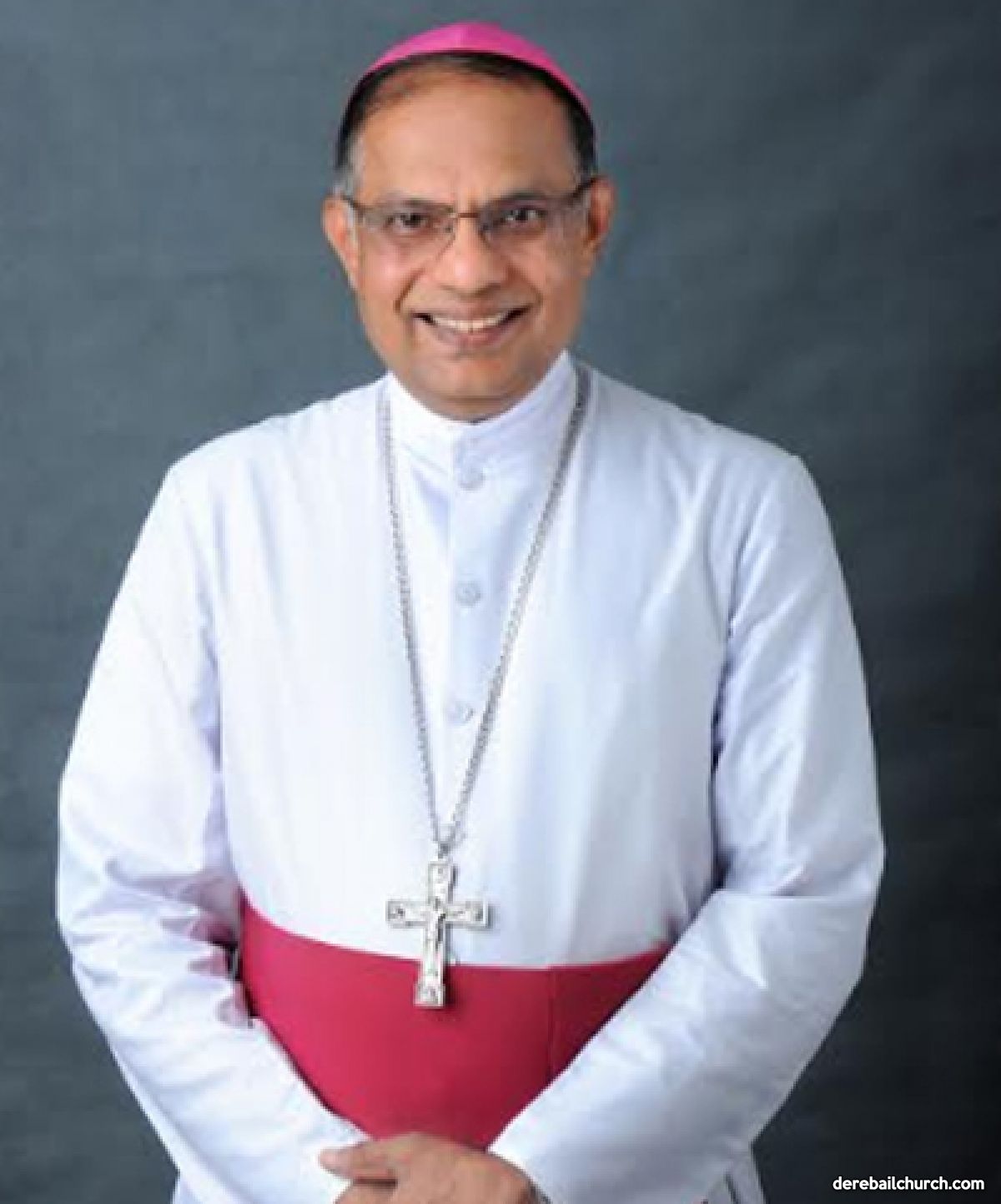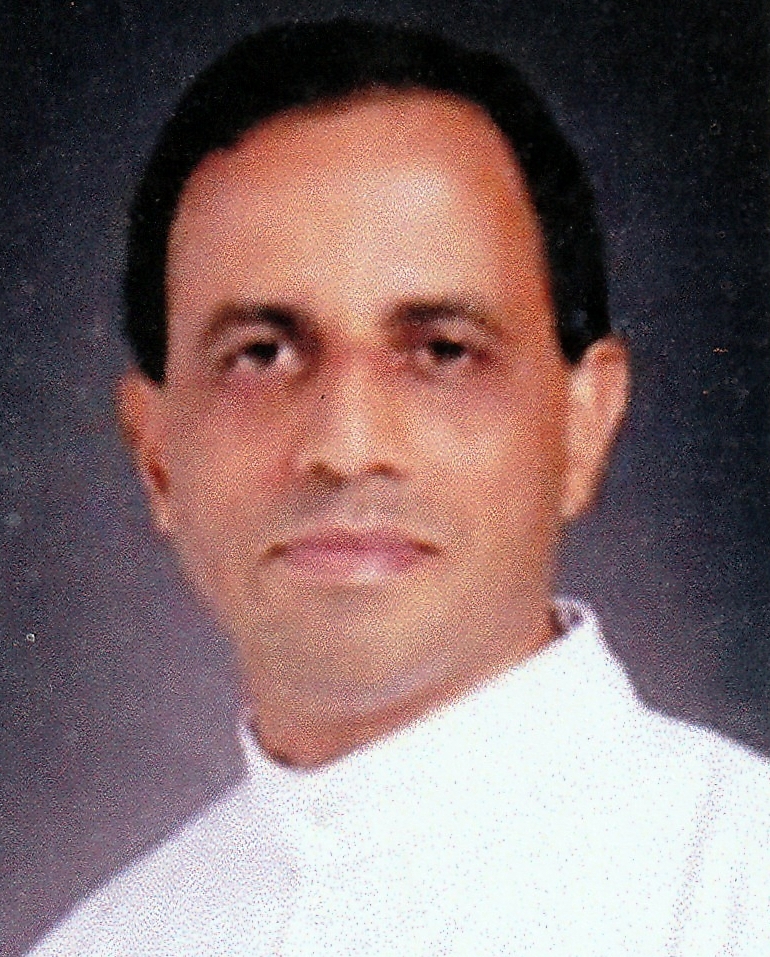GUIDELINES CONCERNING “WORDS OF REMEMBRANCE” AT THE FUNERAL MASS Back
GUIDELINES CONCERNING “WORDS OF REMEMBRANCE” AT THE FUNERAL MASS
Catholic funeral liturgy is an act of worship of God and prayer for the deceased that aims at the celebration of salvation and mercy, of grace and eternal life. It is a liturgical celebration of the whole Church, which celebrates funeral rites to offer worship, praise, and thanksgiving to God for the gift of a life that has now been returned to God, the author of life and the hope of the just. Consequently, the funeral liturgy is not meant to be a commemoration (much less a canonisation) of the person who has died. Extended remembering of the deceased often results in forgetting the Lord. The Order of Christian Funerals (OCF) gives three types of funeral celebrations, corresponding to the three places in which they are conducted—the home, the church, and the cemetery— and according to the importance attached to them by the family, local customs, the culture, and popular piety. This order of celebration is common to all the liturgical traditions and comprises four principal elements: (a) the greeting of the community; (b) the reading of the Word of God; (c) the celebration of the Eucharistic sacrifice; and (d) the farewell to the deceased. The ministry of consolation is a pre-eminent part of the ministry of the Church. Caring for the dying, praying for the dead and comforting those who mourn are major elements of a ministry of consolation and responsibility of the Christian community. Therefore, members of our parishes should be actively encouraged and trained to take part in this ministry traditionally called a work of mercy (OCF 8). Ministry to the family should not be confined to the funeral rites nor end with the liturgical ministry. We are happy that priests and lay faithful of the parish do their best in terms of ministry to the bereaved or grieving family and their support in matters relating to funeral and burial of the dead. Visiting the bereaved family, consoling them and praying with them, offering the family assistance it needs regarding funeral arrangements, and so on, form part of our ministry, which is done in collaboration with the parish ward leaders (gurkars), ward people and others from the parish.
Ecclesiastical funerals, by which the Church seeks spiritual support for the deceased, honours their bodies, and at the same time brings the solace of hope to the living, must be celebrated according to the norm of the liturgical laws. The following guidelines focus on some issues: 1. For Homilists 1.1. “A brief homily based on the readings should always be given at the funeral liturgy, but never any kind of eulogy. The homilist should dwell on God’s compassionate love and on the Paschal Mystery of the Lord as proclaimed in the Scripture readings.” (OCF 141). 1.2. Through the homily, members of the family and community should receive consolation and strength to face the death of one of their members with a hope nourished by the saving word of God. 1.3. There is no place for “eulogy” at the funeral liturgy. “Eulogy” is directed to the person showering excessive praise on him, while liturgy is wholly directed to God the Father in Jesus Christ who is the Life and Resurrection. The homilist, when appropriate, may make a brief reference to the faith-life of the deceased and can incorporate elements of gratitude and praise for a life that God had blessed. 1.4. Homily is not eulogy to honour the deceased. In the funeral liturgy, we are not merely looking into the past and honouring our dead. We are hearing the words that speak of life – life changed, not ended. The homily is addressed to the living to keep our faith and hope alive. 1.5. The homilist should keep in mind that he is a minister of the Word of God and his role is to speak on behalf of God to the mourners and the community gathered. He is never a delegate or an agent appointed to sing praises of the deceased and family of the deceased and score points on the popularity index. 1.6. During the homily or liturgy, avoid giving any suggestion or declaration that the deceased is “in heaven,” which, among other things, implies that he or she is not in need of the prayers and suffrages of the Church. In fact, funeral liturgy is praying for the dead and expressing our faith and hope in the mercy of God. Therefore, funeral liturgy should avoid by all means appearing to be more like the canonisation of the deceased than a proclamation of God’s saving grace through Jesus.
2. “Words of Remembrance” at Funeral Mass 2.1. The Order of Christian Funerals make no provision for eulogies or funeral orations during the funeral liturgy but uses the expression “words of remembrance”. No. 170 of the OCF does permit ‘words of remembrance’. It directs: “Following the Prayer after Communion …… A member or a friend of the family may speak in remembrance of the deceased before the final commendation begins” (emphasis added). 2.2. The expression “may” in the OCF 170, makes it clear that speaking in remembrance of the deceased is optional and not a necessary part of the funeral rites. These brief words are permitted by the OCF and Catholic practice when they will bring hope and comfort to the bereaved. 2.3. The use of the expression “speaking in remembrance of the dead” in the liturgical norms instead of “eulogy”, “panegyric”, “funeral oration”, “obituary” (that we often use incorrectly) is deliberate. (a) A eulogy recounts some or all of the significant events in the life of the deceased, but words of remembrance do not attempt to give a biography and details of family members but to share some insight into the faith and values of the deceased as seen in one or two examples from his/her life. (b) By its very nature, a eulogy tends to be lengthy, while words of remembrance are brief. (c) A eulogy or funeral oration exclusively concentrates on the secular achievements of the deceased, whereas “speaking in remembrance” in the context of the liturgy makes reference to the faith-life of the one who died and maintains the religious and spiritual tone of the funeral liturgy. 2.4. The appropriate time to “speak the words of remembrance” is following (after) the Prayer after Communion and before the Final Commendation. The interim period between the Prayer after Communion and Final Commendation can be used to make appropriate announcements, to speak in remembrance of the deceased, etc. The principle is that once the liturgical part begins, it should flow towards its conclusion as one unit and not be interrupted. In other words, once the Final Commendation begins, it should not be interrupted by any other announcements or speeches. 2.5. Words of remembrance form no part of the Liturgy of the Word, and therefore, they should not be made from the pulpit or ambo, but are to be given from the “announcement stand” or some other appropriate place. 3. For Those Speaking the “Words of Remembrance” 3.1. If someone wants to speak words of remembrance at the funeral liturgy, he/she should inform the Parish Priest well in advance and obtain his approval to do so.
3.2. Only one person will speak at the Funeral Mass. It is better that the same person gives the brief ‘vote of thanks’ – so that it does not become a secular programme in the church with too many optional being brought in. 3.3.The limitations on these ‘remembrances’ have to do with the nature and purpose of a Funeral Mass. The liturgy should be focused on the promise of eternal life and the eventual hope of reunion. It is not meant to be a canonisation of the deceased. 3.4. The words spoken in remembrance of the deceased should be well prepared and simple and brief, lasting no more than five minutes. It should not last longer than the homily. In this way, the integrity of the Church’s public prayer is maintained, and the opportunity provided to speak in remembrance of the deceased. The time limit considers the convenience of the people who have taken time from their busy schedule to attend the funeral, procession time to the cemetery and the rite of committal, parishes needing their churches for other liturgies, and so on. 3.5. The words of remembrance should be about the deceased person’s human qualities (including their life of faith), and how these qualities can inspire the hearers. The speaker should speak honestly and compassionately. It is neither necessary nor desirable that the speaker attempt to give a life history of the deceased and introduce the family members. 3.6. The time and place for eulogies and funeral orations are outside the liturgy and church. They may be done at the gatherings after the funerals or at the gatherings held following the memorial Masses. Video retrospectives or PPT on the life of the deceased are not permitted during the liturgy in the church. These presentations are more suitable for the reception/condolence meets or other occasions. We tend to think of celebrations such as weddings and funerals as primarily family events, but they are not entirely family events. The moment we walk through the doors of the church, these family events become ecclesial events, and that which seemed very private becomes public as belonging to the Church. The liturgy and rites do not belong to individuals, they belong to the Church as a whole, and we participate in something larger than ourselves when we celebrate the rites and liturgy of the Church. It is the role and responsibility of the priest to guide the parish community towards the liturgically appropriate elements of a Funeral Liturgy.
02.02.2022
Peter Paul Saldanha
Bishop of Mangalore
Recent Posts
Parish News
ಕಥೊಲಿಕ್ ಸಭೆ ಥಾವ್ನ್ ಪ್ರತಿಭಾ ಪುರಸ್ಕಾರ್Annual Parish Feast: Celebration Adorns Derebail Church
Association News
A Day Out for the Choir Members of Derebail Church at Caribbean River Resort, Mulki, MangaloreYCS Lucky Draw Results – Church Feast, Derebail
Ward News
Bejai Ward Celebrates Children's DaySports Day of Akashbhavan Ward
Felicitations
Happy Birthday Dear Hugh KennyHappy Birthday Dear Deon Fernandes



